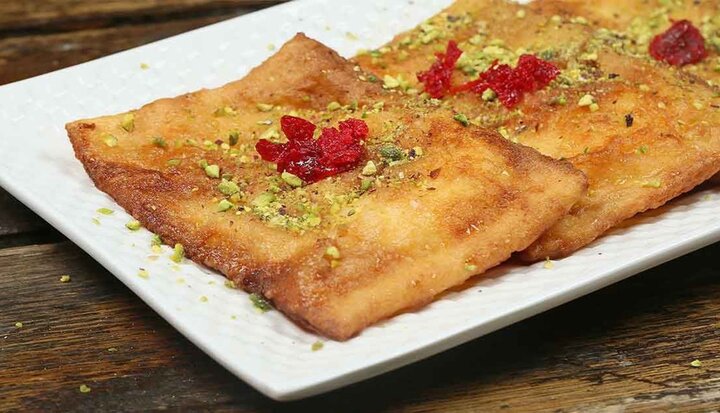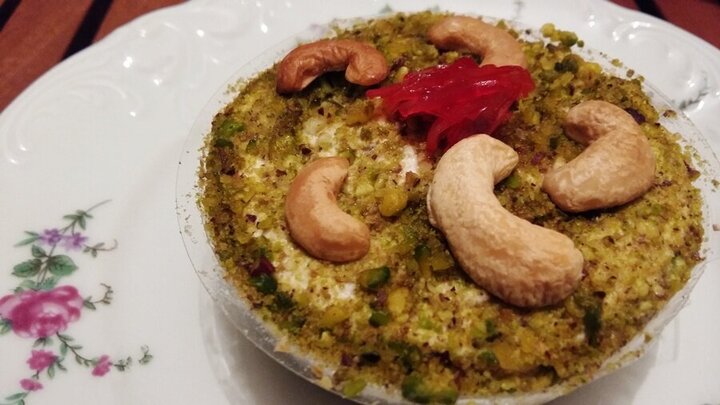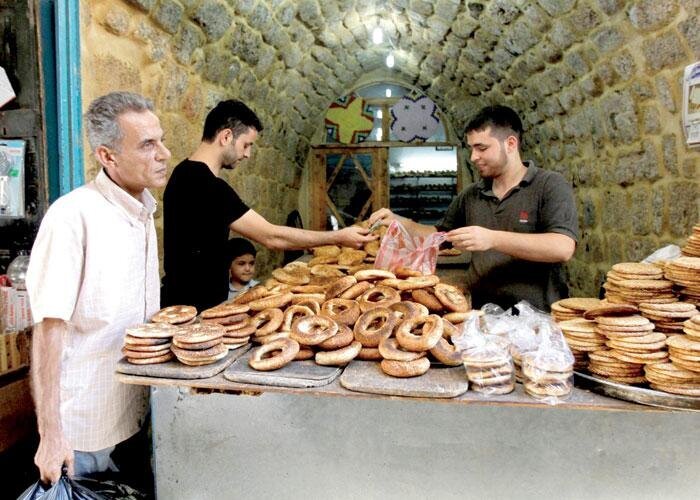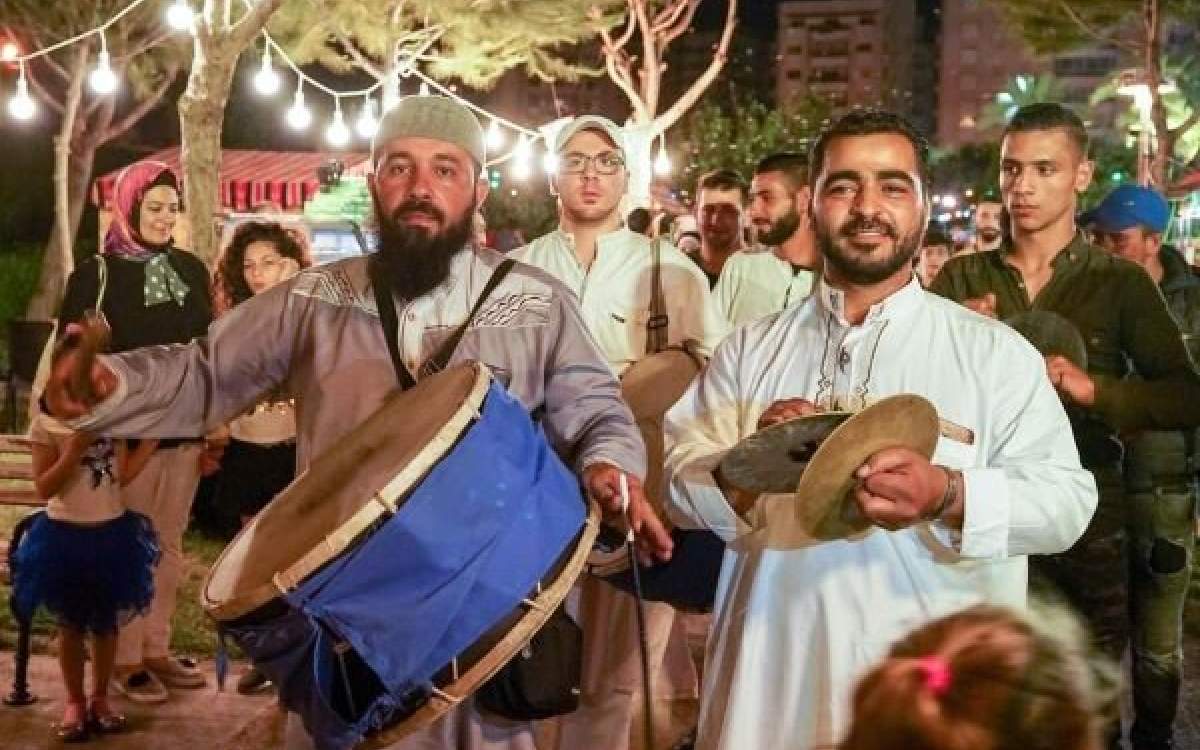The Iran Project
: Since Ramadan is regarded as a national occasion in Lebanon, its festivities are enjoyed and celebrated by all Muslims and non-Muslims in this country.
Wednesday 13 March 2024 - 18:04
Story Code : 417554
Source : Mehr News
Muslims, non-Muslims enjoying Ramadan festivities in Lebanon
Ramadan begins with the rising of the crescent moon and is a time for spiritual discipline, charity, generosity, and prayer.
During the day, you’ll find Muslims around the world fasting from dawn until dusk, abstaining from eating and drinking any liquids (including water), and refraining from habits like smoking, gossiping, and arguing. However, the nights are the real days during Ramadan.
Across the Arab world, the festivities start after the Iftar (breaking the fast) at dusk, as neighborhoods come to life after a quiet, slow day of food hibernation.
Ramadan in Lebanon is different but more beautiful and interesting. Since 40% of the population are Christians, Lebanon is actually one of the few Arabs countries where you can enjoy the festive spirit of Ramadan! But still, be able to get a decent meal during the daylight without the judgy eye stares.
With the holy month comes to its mid, we take a look at some interesting Ramadan vibes in Lebanon, a country in West Asia.
Musaharati (dawn awakener)
During the dawn hours in Ramadan, the Musaharati is a common sight in many parts of the Arab world, especially in Lebanon. A Musaharati is a drummer, also referred to as a dawn awakener, who beats his drum just before dawn to wake Muslims for Suhoor.
Thanks to the Musaharati, people are able to sleep peacefully knowing that they will not miss their Suhoor meals.
He has a remarkable voice that fills the air at dawn, calling people to get up, have Suhoor, prepare for the Fajr prayer(dawn prayer), and start a new day of Ramadan.
The history of the Musaharati in the Hijaz dates back many centuries. It seems that his function was part of the social life in the Islamic eras, particularly during the Mameluk and Ottoman times.
Non-Muslims enjoy Ramadan as well !!!
In Lebanon, Ramadan, like Christmas is regarded as a national occasion as well. In this country, Ramadan festivities are enjoyed by all communities and they are not restricted to Muslims only.
An annual Iftar dinner is held at the presidential palace in which all community leaders and religious figures participate.
At Iftar dinners, you have Muslims and non-Muslims, those who fast and those who don’t, sitting next to each other. There is compromise from both sides, in the sense that the peculiarities of those who fast are being respected, and at the same time there is tolerance for those who don’t.
Charities, civic organizations, and businesses host iftar dinners for fundraising purposes to which guests from various religious communities and denominations are invited.
Tripoli in Lebanon comes alive at night during Ramadan
Ramadan in Tripoli is really beautiful. Tripoli takes on a new lease of life during the holy month as people come from across the country to enjoy its celebrated sweets, handmade crafts, and jubilant atmosphere.
At sunset, Muslim families will enjoy Iftar with Christian neighbors and stay late in cafes to listen to Hakawati or storytellers or visit a park to watch Sufi dervishes perform their dreamlike whirl.
“After Iftar there’s this energy that keeps people going all night,” says Fatima Tadmoury, 29, who relishes the nocturnal spirit the Lebanese city adopts during Ramadan and Eid Al Fitr.
It’s 2.15am and a Musaharati is beating a drum to wake up people living in Tripoli’s old town before suhoor. There’s a brief sleepy silence, but then the streets begin to stir. The smell of cooking drifts into medieval alleyways as a communal chink lets passersby know that households are sharing the meal.
Special Lebanese desserts for Iftar
As an essential part of Ramadan, Suhoor and Iftar meals are at the center of gatherings around the world, giving people another reason to reconnect with friends and family.
In the Arab world, especially Lebanon, there are special dishes, sweets that are served during the holy month of Ramadan.
The following sweets and desserts are some special Ramadan recipes that Lebanese people usually prepare for the Iftar meal during Ramadan.
Kellaj
Kellaj is one of the most popular desserts during the Ramadan season. It’s a light-dough filled with Ashta cream, deep-fried, and soaked at once in syrup for a moment. A pure delight!

Mafroukeh
Mafroukeh is made from a dough combining semolina flour, butter, and sugar syrup. The dough is covered with a layer of Ashta and roasted nuts. Mafroukeh can be served on a plate or molded in several shapes.
Chaaybiyet
A tasteful dessert commonly prepared during Ramadan, Chaaybiyet is made of crunchy layers of pastry filled with Ashta. Chaaybiyet is generally shaped in the form of a triangle and decorated with cr
 ushed pistachio and candied orange blossom and is definitely covered with sweet syrup! They can be either served cold or hot.
ushed pistachio and candied orange blossom and is definitely covered with sweet syrup! They can be either served cold or hot. Daoukiyeh
Daoukiyeh is one of Beirut’s most famous desserts. It was first created in the 80’s by Al-Daouk sweets, a small pastry shop in Beirut, and was named after the family’s last name.
Daoukiyeh consists of a layer of Ashta and a layer of cashew nuts between two layers of pistachio paste.
The color of the pistachios gives the Daoukiyeh its special green color. Today, Daoukiyeh is prepared in many pastry shops around the country and is served in different shapes.
Qatayef
Qatayef are very commonly served during Ramadan. This Arabic pancake–like dough can be prepared with different fillings such as walnuts and sugar mixture or sweetened Akkawi cheese or even Ashta (a clotted cream with Rose Water).

Reporter : Editorial of The Iran Project
# Tags











